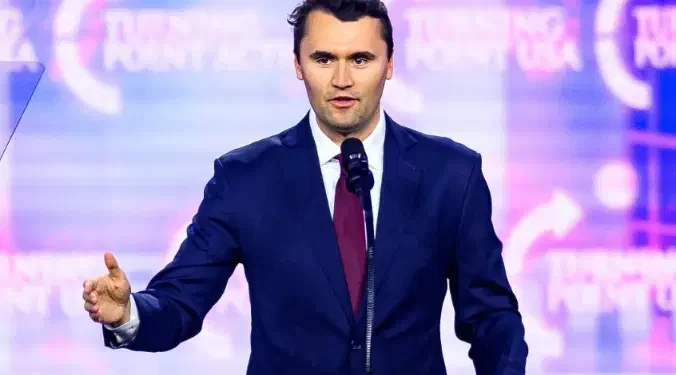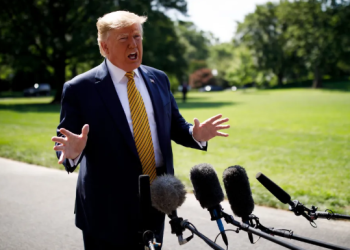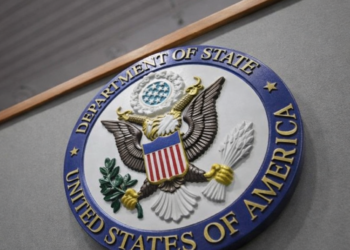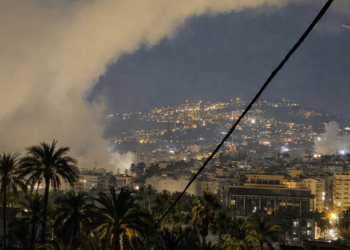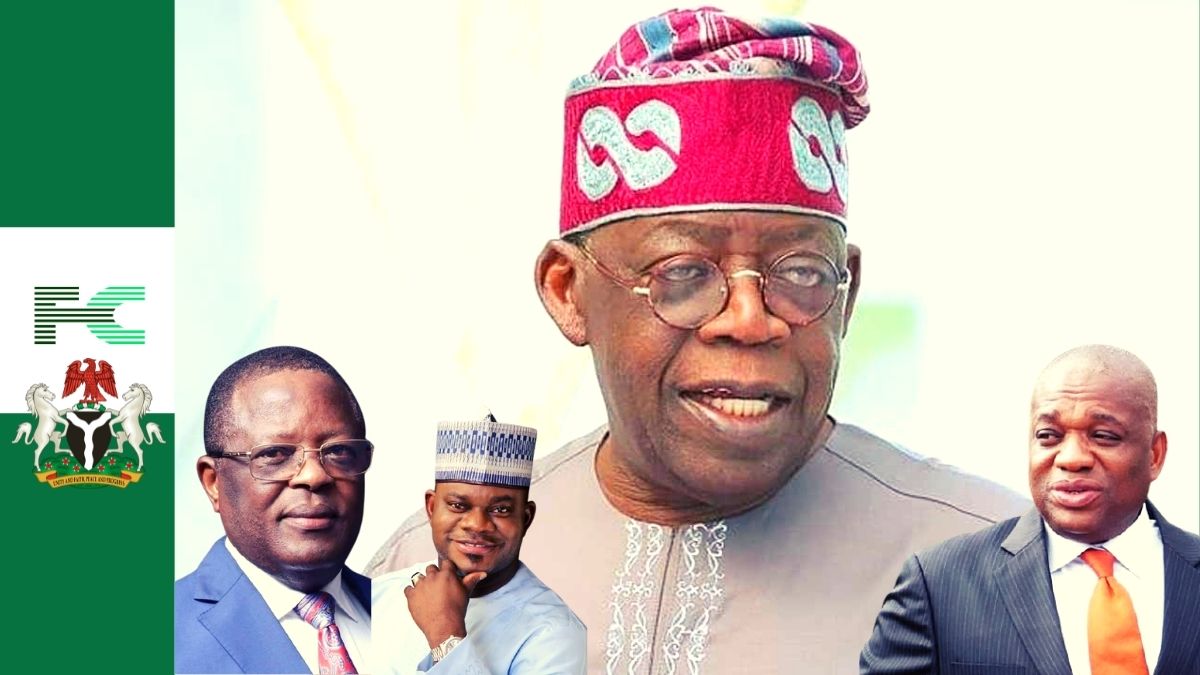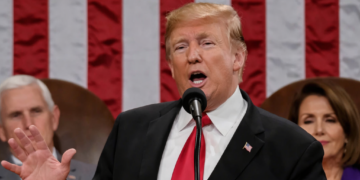The news that Charlie Kirk, only 31 and already a loud and powerful conservative figure in America, has been shot dead at a university event is more than another tragic headline. It is a signal that the line between politics and war has almost vanished. If Charlie Kirk can be gunned down, who’s next? This is the fear running quietly through every democracy that still claims to value debate over bullets.
Political violence is no longer rare
What happened in Utah is not an isolated case. Leaders across the world quickly drew links to Robert Fico in Slovakia, Andrej Babis in the Czech Republic, and other recent victims of political violence. Hungary’s Viktor Orban wasted no time blaming what he called the “hate-mongering left,” while Donald Trump, unsurprisingly, turned Kirk into a martyr for truth. Their anger and their framing may differ, but the point is the same: violence is creeping deeper into politics.

The illusion of safety
For years, American conservatives presented rallies, speeches, and university events as safe spaces to push back against liberal narratives. That illusion is broken. When a public figure can be killed in front of an audience, the chilling message is clear: no one is untouchable, not even in the middle of Utah. The stage has become a target. The microphone is now a risk.
Democracy under the gun
It is easy to roll out statements, Canada says there’s “no justification,” Britain insists people “must be free to debate,” Italy calls it a “deep wound for democracy.” But how many times must these words be repeated before they sound like empty rituals? Political violence has now become part of the grammar of power. Each time a leader is shot or stabbed, the excuses pile up while the cycle deepens.
What happens next
Charlie Kirk’s death is more than personal tragedy, it is a warning shot to America’s already divided political class. Conservatives will say he was killed for “speaking truth.” Liberals will push back against being blamed. And the center, if it even exists anymore, will continue to shrink. The bigger danger is the silence of ordinary people, who will begin to accept that assassinations are just another feature of political life. That acceptance is how democracy dies, not with one bullet, but with a culture of endless ones.

